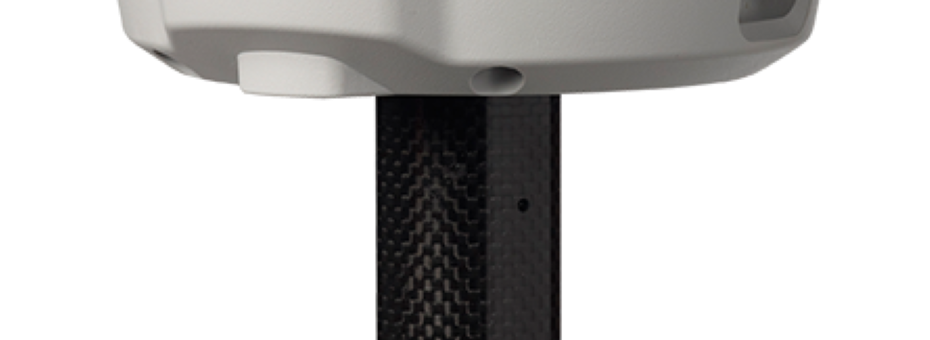
Accuracy for your data. Versatility in the field. Flexibility for your workflow
Home » Our Services
Aerial Lidar (Light Detection and Ranging) is an aerial mapping technology which uses reflected laser returns---from the earth’s surface to an aircraft with on-board GPS and IMU sensors in order to determine the precise elevation and geospatial location of terrestrial objects and features.
With innovations such as multiple intensity returns and increased pulse repetition rates, LiDAR is an accurate and effective method for creating three-dimensional topographical aerial maps and highly accurate surveys of both surface terrain elements and manmade structures.
Aerial LiDAR is used in a variety of industries, including geography, forestry, oceanography, and emergency management. Deciding upon the appropriate LiDAR product for an application can be difficult. To simplify this process, Geomaps offers three types of LiDAR products and can assist any client in determining which is most appropriate for their particular application: Standard LiDAR, (Deliverable as 1.0 meter average point spacing, or 1.4 meter average point spacing), and High Density LiDAR, a project specific, high density point deliverable.
LiDAR Applications
Advances in and better understanding of LiDAR technology have greatly improved the usefulness of Aerial LiDAR as a valuable aerial mapping tool. Applications include:
• 3-D modeling
• Floodplain mapping and planning
• Disaster management
• Coastal erosion
• Airport mapping / aviation safety
• Forestry
• Nautical charting
• Land use mapping and planning
• Volumetric studies
• Electrical utilities / transmission line corridor mapping
In addition to aerial LiDAR, Geomaps offers both Mobile and Terrestrial LiDAR products and services about Geomaps Mobile LiDAR, or for more information about Geomaps Terrestrial LiDAR.